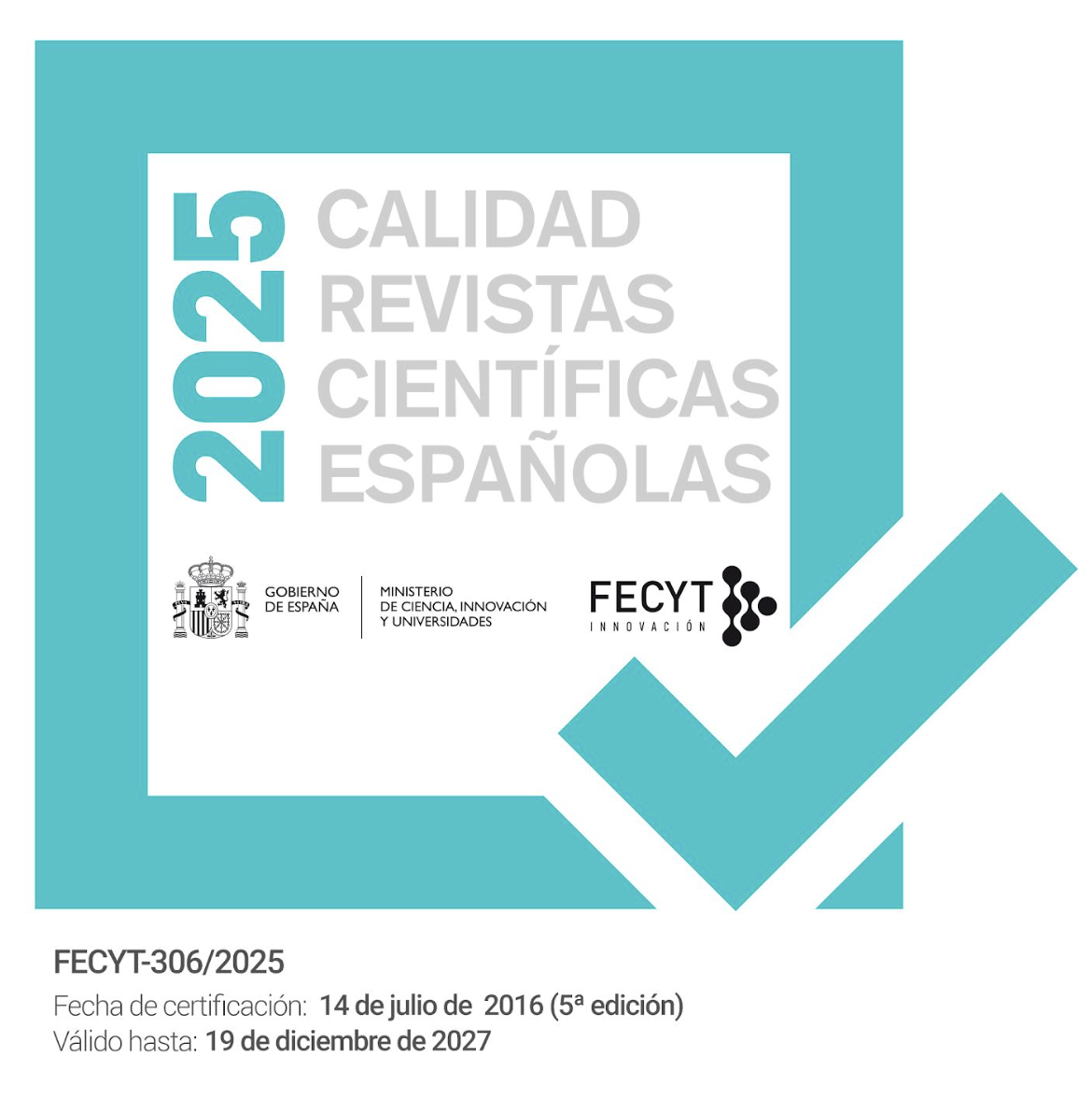Occupational protection against new social risks: work-life balance and employer-provided training
DOI:
https://doi.org/10.22325/fes/res.2020.18Keywords:
welfare regimes, occupational welfare, new social risks, SpainAbstract
A growing part of the development of Occupational Welfare (OW) revolves around the protection against new social risks in the fields of work-life reconciliation and continuous training. In this manner, organisations supplement public protection in said areas, either via voluntary benefits that are supplied by the firm so as to improve employment conditions or via commitments derived from collective bargaining. These programs are of particular importance for the active protection of employability in a post-industrial context. The main objective of this article is to examine the recent development of OW in Spain. First, we situate Spain within the European context. Then, we describe profiles of the beneficiaries of the programs of work-life balance and training as well as analyse what characteristics of companies and jobs condition access to these programs. From a comparative perspective, the results confirm the limited nature of OW in Spain. Yet they also indicate recent trajectories of expansion of the programs of reconciliation and training, which is very interesting to occur during the economic crisis with strong pressures to adjust labour costs for companies.
Downloads
Additional Files
Published
How to Cite
Issue
Section
License
• The transfer of the copyright of the article to Revista Española de Sociología.
• The assignment to the Revista Española de Sociología of the rights of commercial exploitation of the article to third parties both in the offset and digital formats, as well as to the search engines and platforms that may serve as intermediaries for the sale or knowledge of the article.



